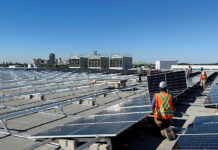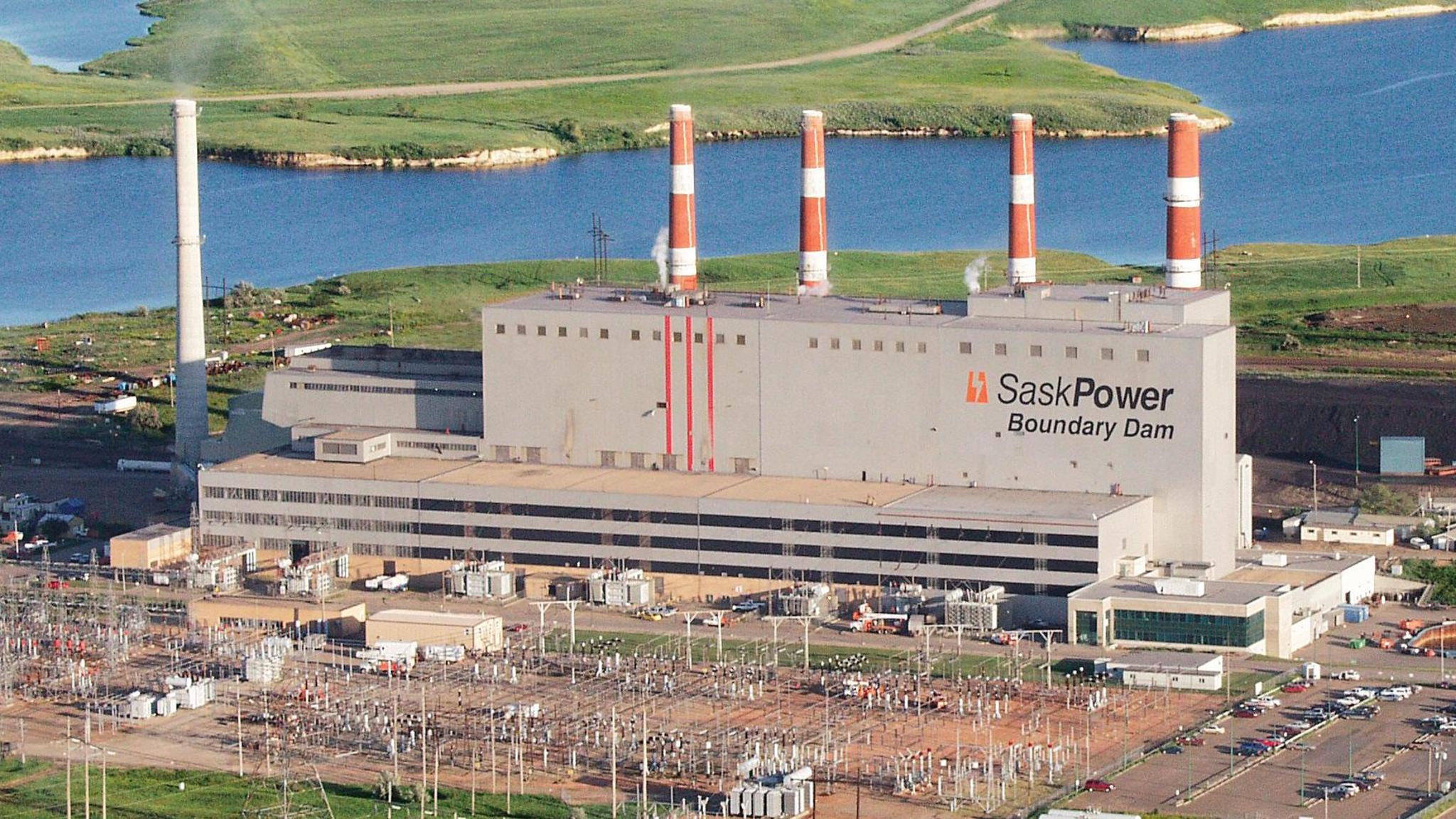At one of the world’s largest enhanced oil recovery (EOR) carbon capture utilization and storage (CCUS) projects operated by Whitecap Resources near Weyburn, Saskatchewan, the provincial government announced its key priorities to advance private sector investment in CCUS.
“We want to build on Saskatchewan’s energy strength and make our province the most competitive jurisdiction in Canada to invest in CCUS technology and infrastructure,” said Saskatchewan’s Energy and Resources Minister Bronwyn Eyre. “Saskatchewan is already a world leader in carbon capture, particularly with enhanced oil recovery, which leading environmentalists agree countries can’t achieve Paris Accord Targets without. CO2 EOR also emits 82 per cent fewer emissions than traditional extraction methods.”
The Government of Saskatchewan anticipates that CCUS projects will attract provincial investment of more than $2 billion and sequester over two million tonnes of CO2 annually.
Over the last 25 years, Saskatchewan EOR projects have sequestered more than 40 million tonnes of CO2, which has also resulted in over 100 million barrels of incremental oil production. Approximately 200 million barrels of production will be added over the life of these and other EOR projects, significantly increasing the life-cycle and sustainability of these wells. CCUS can also capture CO2 and use it as part of other industrial processes, including ‘green’ concrete and biofuels.
With this strategy, Saskatchewan will aim to:
- Expand the provincial pipeline infrastructure Oil Infrastructure Investment Program(OIIP) to include CO2 pipeline projects;
- Work with the energy sector to evaluate the EOR royalty regime to ensure that CO2injection projects remain highly competitive;
- Amend and clarify regulations to support investment and provide certainty around pore space ownership, access, unitization of high-potential EOR plays, and long-term obligations and accountability for CO2 storage;
- Explore opportunities for CCUS infrastructure hubs and distribution models, including for the Regina-Moose Jaw Industrial Corridor to Southeast Saskatchewan and Greater Lloydminster areas; and
- Advance the development of a CCUS GHG credit generation program, recognized under Saskatchewan’s emissions management framework, focused on predictability and minimal administrative burden for industry prior to investment and the maximization of credit generation for captured and sequestered CO2.
Increasing the potential availability of CCUS hubs and facilities will also encourage further development of hydrogen production and enable hydrogen producers to further reduce their environmental footprint by storing CO2 underground.
Despite numerous recent changes to federal emissions standards and targets, the province’s CCUS priorities will aim to provide stability and certainty for the energy sector as it contemplates significant investments in CCUS projects.
In July, as part of Saskatchewan’s efforts to reduce emissions under federally-imposed measures, the province wrote to federal Environment Minister Jonathan Wilkinson requesting financial assistance to build additional CCUS facilities on SaskPower’s coal fired generation units to support Estevan workers, the environment and the economy. Saskatchewan currently has 12 CO2 EOR projects in operation, as well as SaskPower’s Boundary Dam Unit 3 (BD3) carbon dioxide capture project, which opened in 2014. BD3 is the world’s first fully integrated post-combustion CO2 capture and storage project and has captured over four million tonnes of CO2 to-date.
Featured image: SaskPower’s Boundary Dam. (SaskPower)















